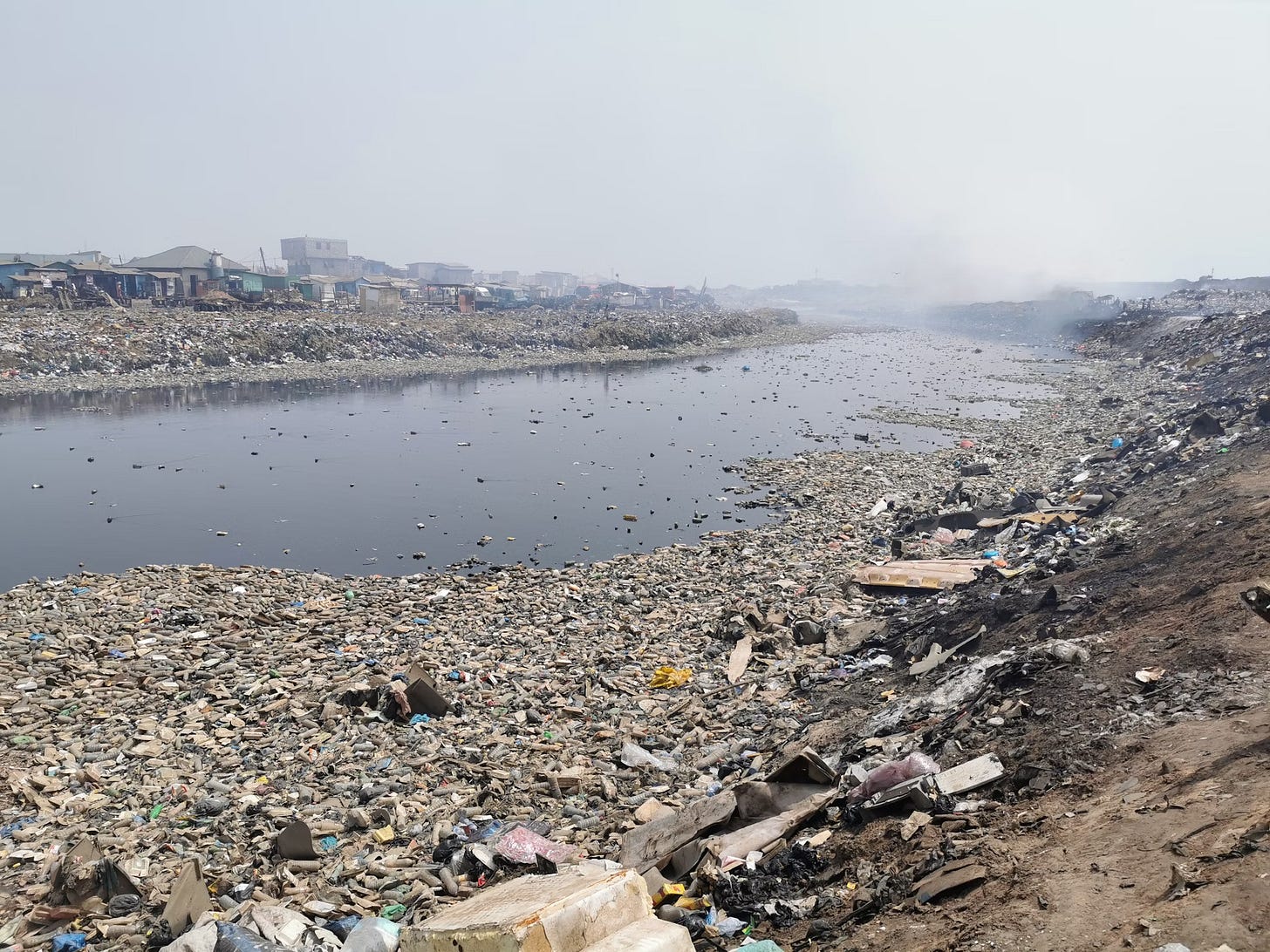The word “misanthropy” has its origins in two Greek words: “anthrōpos,” meaning "human being," and “misein,” meaning "to hate." There isn’t a more human word than misanthropy. Humanity, coexisting with its most distinctive emotion—hatred—compressed into a single term.
The Unsettling Reality of Misanthropy
The fact that this word exists is disconcerting. It suggests that hatred for humankind is not an anomaly but a sentiment so pervasive it demanded a name. And if we’re honest with ourselves, we understand why it exists. At some point, we all despair at what we as a species have done. We hate our flaws, our hubris, our cruelty, our fears—and our capacity for hatred.
If one considers that humans have caused a 69% decline in wildlife populations across the globe since 1970. And that, despite all the signs that the lives of our children are going to be significantly impacted by climate change, we still can’t agree on what must be done to mitigate our impact on the world, it’s unsurprising that misanthropes conclude that humanity is nothing more than a blight on the planet.
The Unique Nature of Misanthropy
Misanthropy transcends bias or prejudice. The misanthrope hates everyone equally, including themselves. They look around, see the wreckage humanity has wrought, and surmise that humans are a mistake, that the universe might have been better off without us.
Take, for example, the atrocities committed in the name of any fear-based dogma you can think of. The misanthrope doesn’t single out any one group for blame. Instead, they view these acts as evidence of a collective moral failing.
The misanthrope’s disdain is universal. Humanity’s existence comes at an unacceptable cost.
Misanthropy as a Starting Point
Misanthropy arises from despair, an utter loss of hope in people. But despair presupposes that hope once existed. To lose faith in humanity is to have once believed in its potential. There must have been expectations of worthiness—and a love for humanity—that eroded over time.
Consider the misanthrope who once campaigned for social justice, only to be disillusioned by corruption and apathy. Their despair doesn’t erase their initial hope; it’s a reaction to its betrayal. This duality suggests that misanthropy contains the seeds of renewal.
Building a Better Answer
In that loss lies a foundation. Perhaps the solutions to our species’ infinite challenges should not begin with hope but with misanthropy. Maybe we must return to a first principle: “Do we believe there is value in continuing with humankind?” From there, we can ask the harder question: What must we do to make the answer ‘yes’?
For example, tackling climate change requires acknowledging humanity’s failures before crafting solutions. It demands that we confront our destructive tendencies honestly and without excuses. Only then can we build systems that prioritize sustainability over profit.
Similarly, addressing systemic inequality means recognizing the historical and ongoing harm we’ve inflicted on one another. Solutions must come from a place of accountability, not blind optimism.
The Paradox of Misanthropy
Misanthropy, for all its bleakness, holds a mirror to our flaws. If we use it as a catalyst for reflection rather than surrender, it could compel us to act and thereby justify our existence in the universe.
That is the paradox: the hatred that condemns humanity might also be the spark that saves it.
Perhaps misanthropy isn’t the end of hope, but rather a symptom of a deeper optimism and a more honest reckoning with what it means to be human.






I was thinking just yesterday how much I like this word and how oppressive nonstop positivity can be.